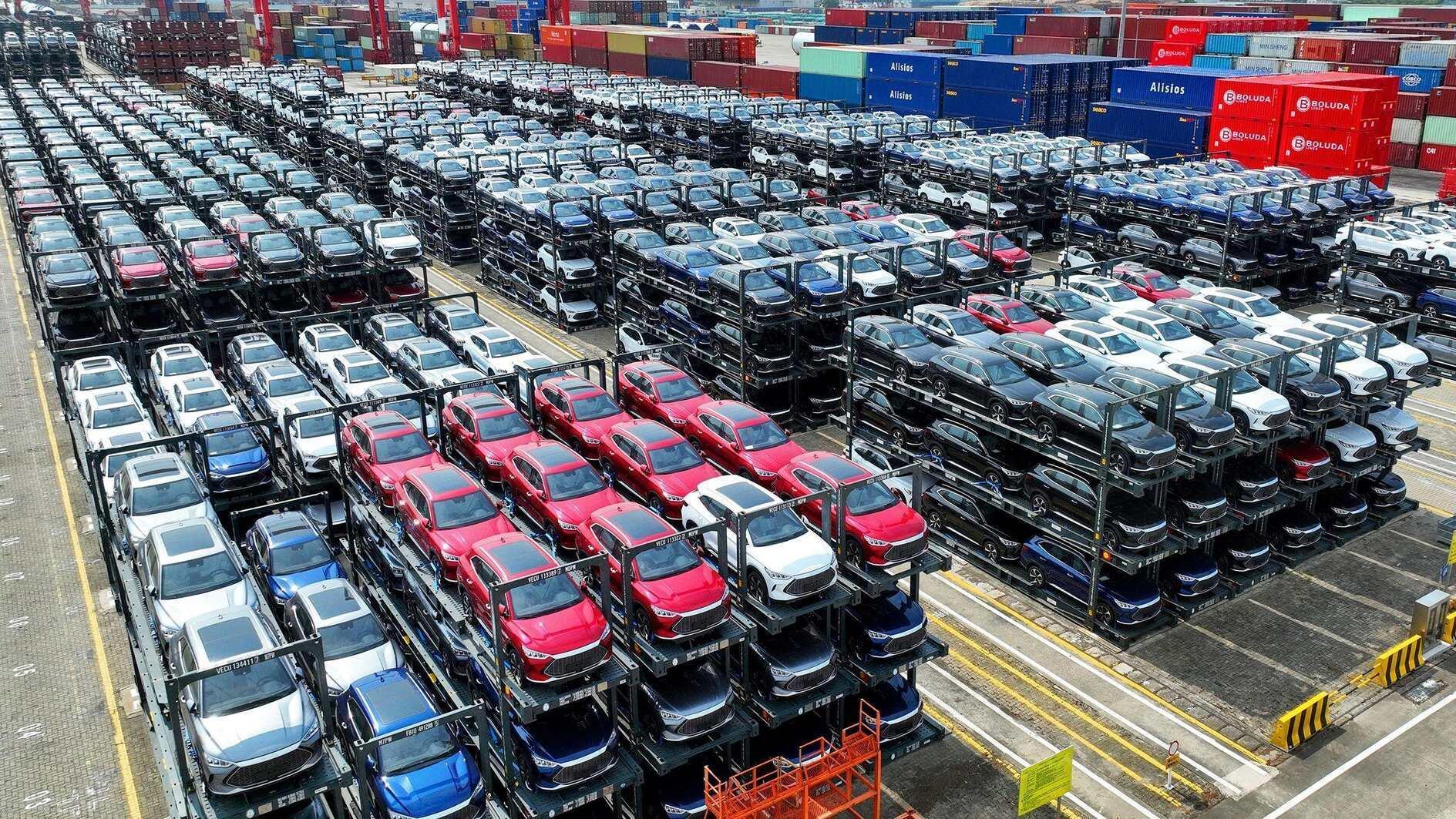EVs, hybrid cars transforming local auto market
ISTANBUL

The Turkish automotive market is undergoing a transformation with the dominance of gasoline-powered vehicles coming under risk.
The gap between fully electric and hybrid cars sold and gasoline cars continued to close rapidly.
From January to March, sales of electric and hybrid cars increased by approximately 90 percent, while gasoline car sales declined by 29 percent.
Some 93,478 fully electric and hybrid cars were sold during this period, while gasoline car sales were recorded at 111,053 units.
In the same period of 2023, the figures were 23,544 for fully electric and hybrid cars and 117,650 for gasoline cars.
Total car sales in Türkiye decreased by 4.1 percent in the January-March period of 2025 compared to the same period last year, reaching 223,793 units. Light commercial vehicle sales also saw a decline of 15.5 percent, totaling 52,491 units.
Before 2022, electric vehicles accounted for less than 1 percent of total vehicle sales; however, by the end of 2024, they managed to secure a 10 percent market share, said İsmail Ergun, general manager of BYD Türkiye.
This transformation in the auto market has been driven by Turkish consumers' rapid adaptation to electric vehicles and new technologies, as well as their keen interest in innovations, according to Ergun.
Ergun forecasts that by the end of 2025, electric vehicles will account for around 18 percent of the market share in Türkiye.
The rapid rise of the electric car market is naturally paving the way for an expanded supply chain and the inclusion of new players in this ecosystem, said Murat Berkel, general manager of Hyundai Motor Türkiye.
“As brands increase their investment in the country, the production of electric vehicles in Türkiye has also become a key agenda item,” Berkel noted.
Hyundai Motor Türkiye will begin manufacturing a fully electric model at its İzmit factory starting in 2026, he said.
















